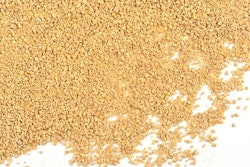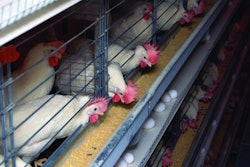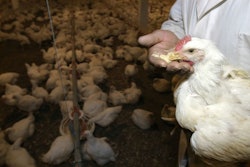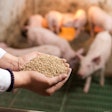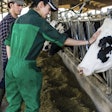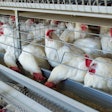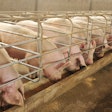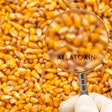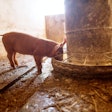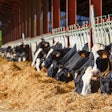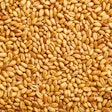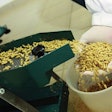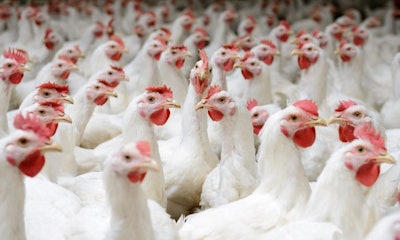
Paper presented at Arkansas Nutrition Conference 2021 provides practical tips for pullets and adult breeder birds
Rarely do we pay any attention to broiler breeder nutrition and, even when we do, we focus mostly on the laying cycle. So, it was refreshing to see a whole paper full of practical tips coming out of the recent Arkansas Nutrition Conference 2021 that provided practical tips for pullets and adult breeder birds.
In this particular paper (link below), courtesy of my good colleague Meredith Johnson (editor of Egg Industry Insight) who attended the conference in person, I really appreciated the concluding remarks of Dr. David Burnham. He said nutritionists need to abandon their offices and computers and personally check on the birds. Breeders, at any age, need constant monitoring of their body weight, condition and overall well-being. Least-cost formulation is not the highest priority. Proper nutrition, based on actual feed intake and daily ingestion of nutrients is what makes excellent breeders, starting from the newly hatched chick.
Additional remarks from Burnham are below verbatim, because paraphrasing them would be just wrong. I would just like to draw your attention to No. 6 – and also let you know, regarding No. 4, that the U.S. switched from pennies to cents with the Coinage Act of 1792 (which only emphasizes the difficulty in changing habits, even in the nutrition industry world.)
- Determine the nutrient levels for each phase of growth.
- Know the daily allocation of feed to meet those levels.
- Find those ingredients that are readily available, have a consistent composition and have good digestibility.
- Don’t change formulations for a few pennies, or even dollars.
- Understand and manage feeding systems, support upgrading systems that allow more even feed distribution.
- Don’t allow nutrition decisions to be mandated by benchmarking systems or accountants. They have never run a breeder or broiler study. They are not responsible for breeder performance, hatchability or chick quality – you are.
Burnham, David J. (2021) “Practical Pullet and Breeder Nutrition,” Proceedings of the Arkansas Nutrition Conference: Vol. 2021, Article 6. Available at: https://scholarworks.uark.edu/panc/vol2021/iss1/6


